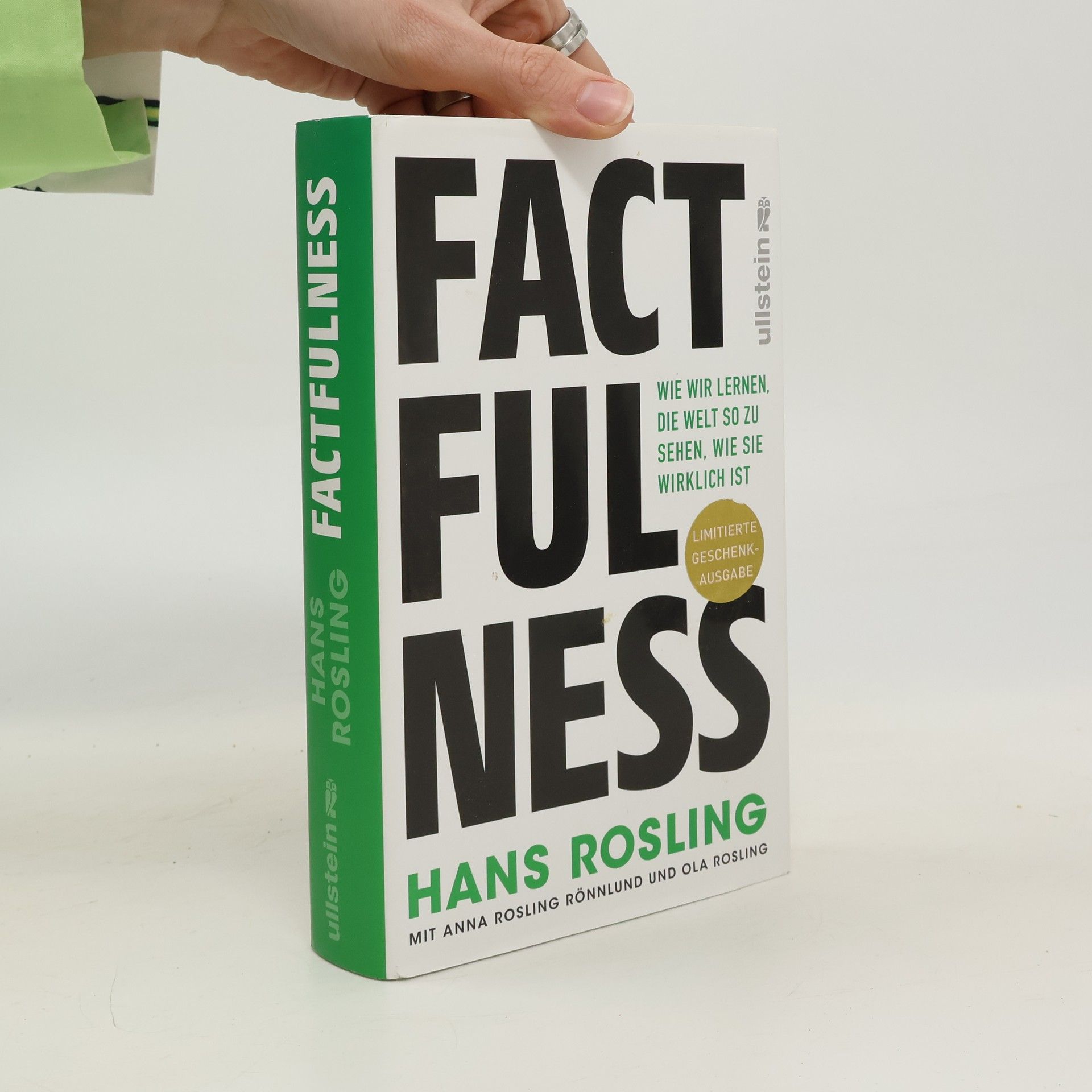Factfulness
Ten Reasons We're Wrong About The World - And Why Things Are Better Than You Think
When asked simple questions about global trends -- what percentage of the world's population live in poverty; why the world's population is increasing; how many girls finish school -- we systematically get the answers wrong. So wrong that a chimpanzee choosing answers at random will consistently outguess teachers, journalists, Nobel laureates, and investment bankers. Professor and TED presenter Hans Rosling, together with his two long-time collaborators, Anna and Ola, offers a radical explanation of why this happens. They reveal the ten instincts that distort our perspective. It turns out that the world, for all its imperfections, is in a much better state than we might think. But when we worry about everything all the time instead of embracing a worldview based on facts, we can lose our ability to focus on the things that threaten us most.





